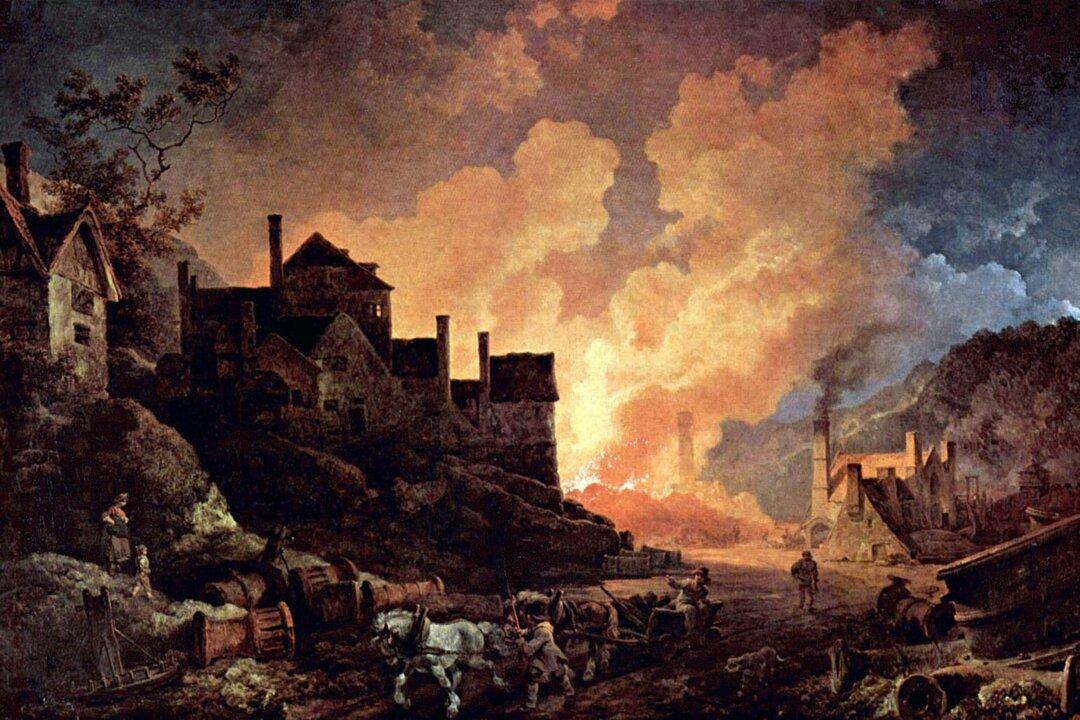William Wordsworth wouldn’t have known what to do with the hectic pace of modern life. In 1807, in a poem called “The World Is Too Much With Us,” he lamented the encroachment of industrialization on England and its accompanying focus on productivity and making money.
People were becoming blind to anything outside of the fast-paced world of business and commerce, especially the mystery of the bountiful beauty of nature. Surely, he would only increase the intensity of his critique today as the pace of life has amplified greatly since 1807, and even fewer people spend time contemplating the natural world.






